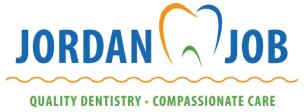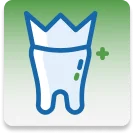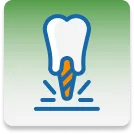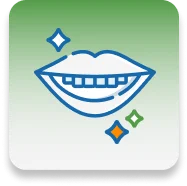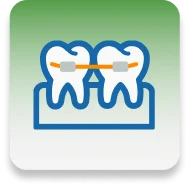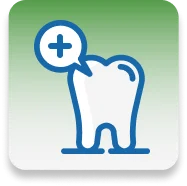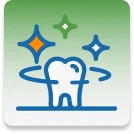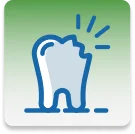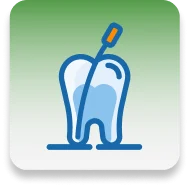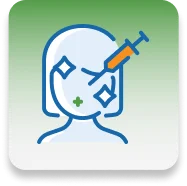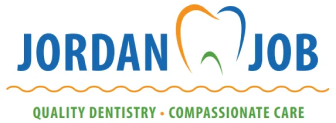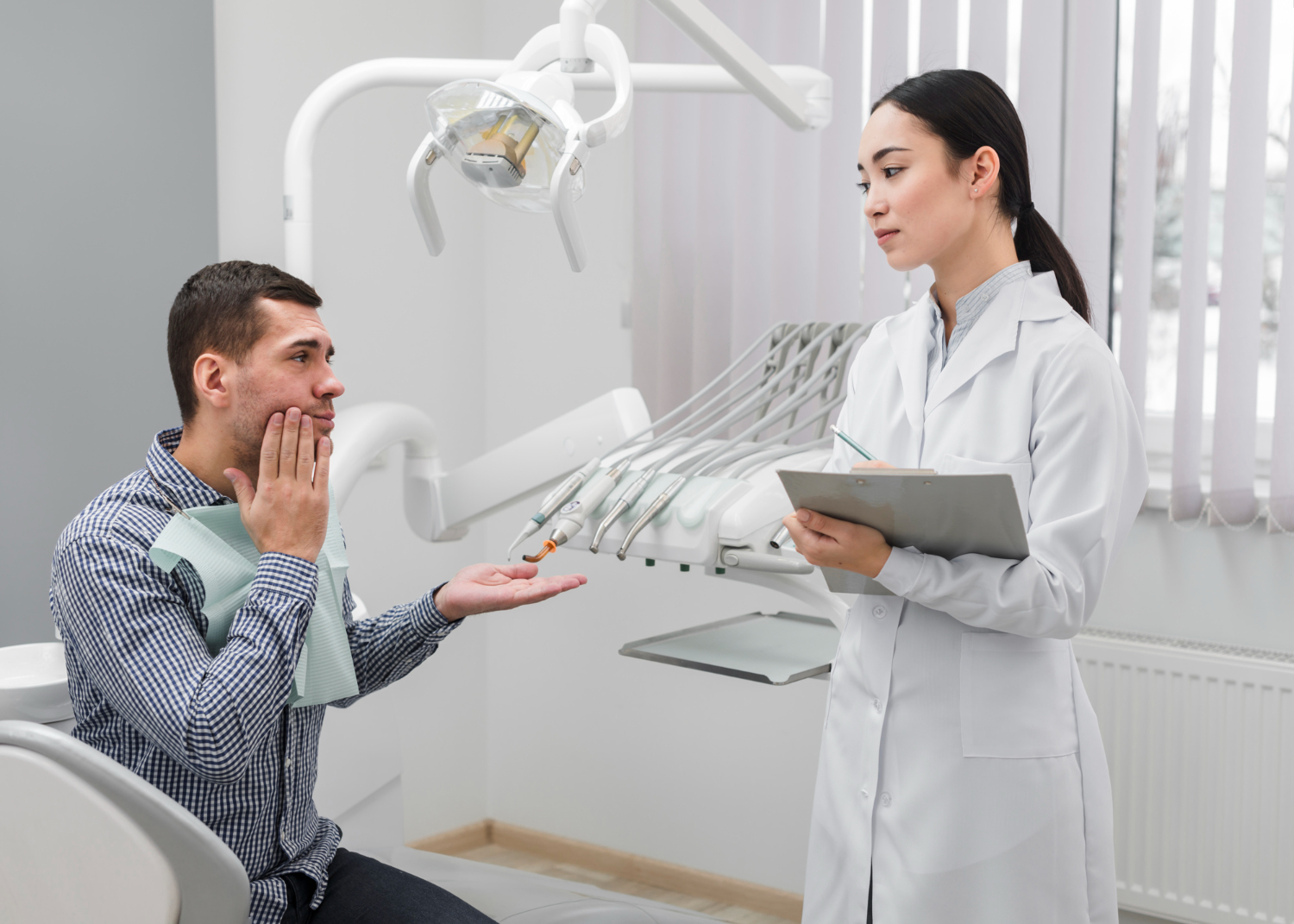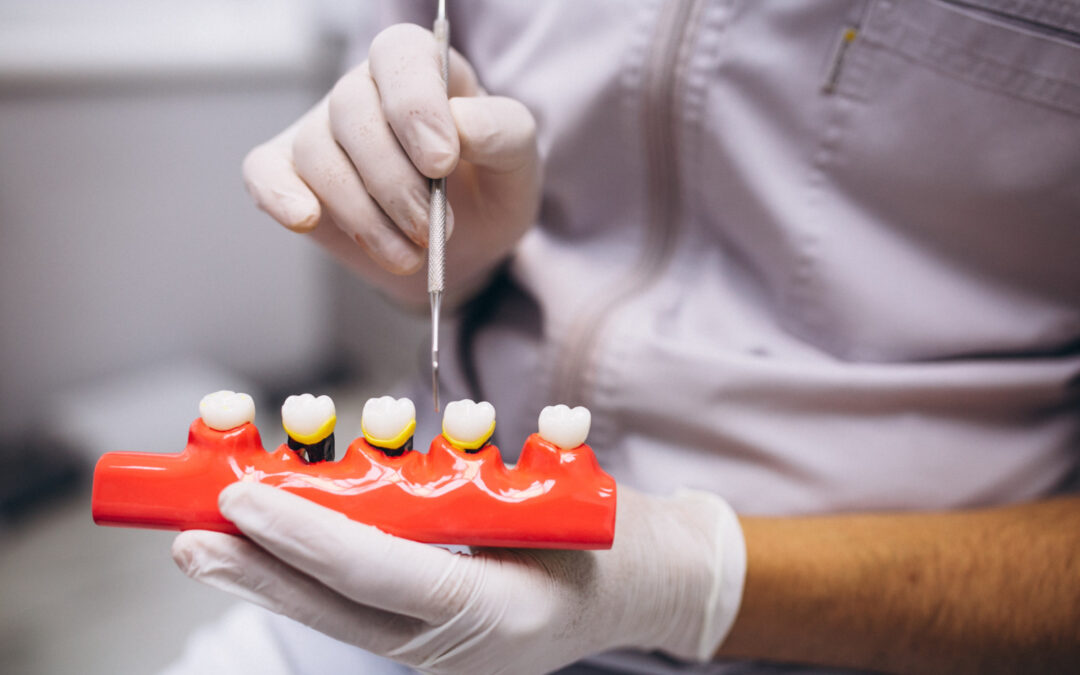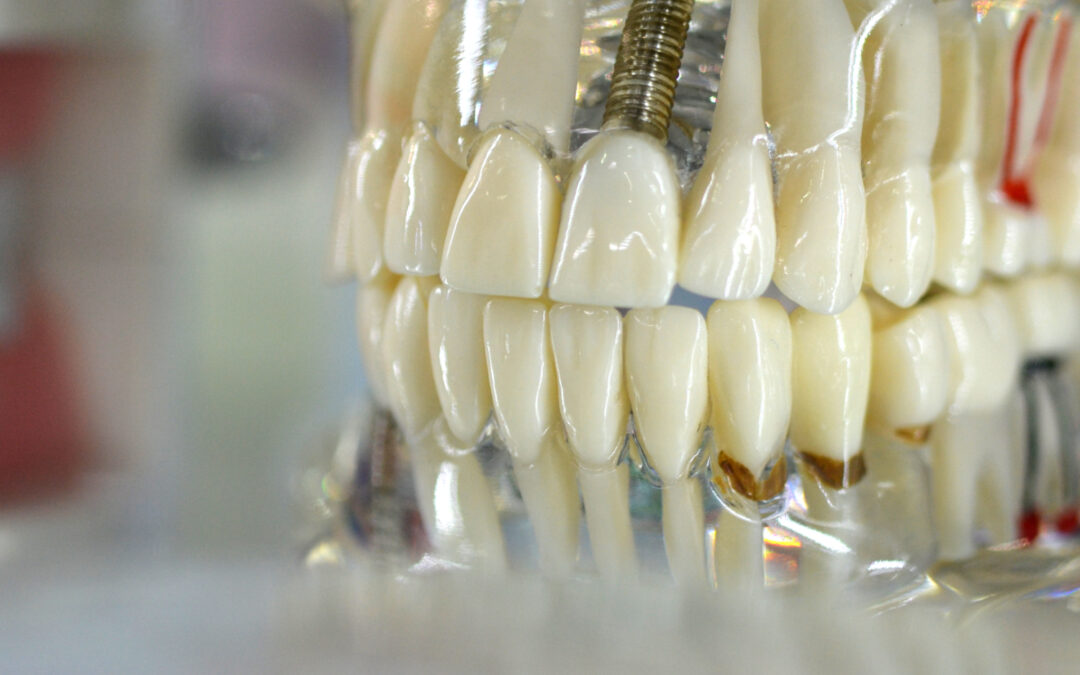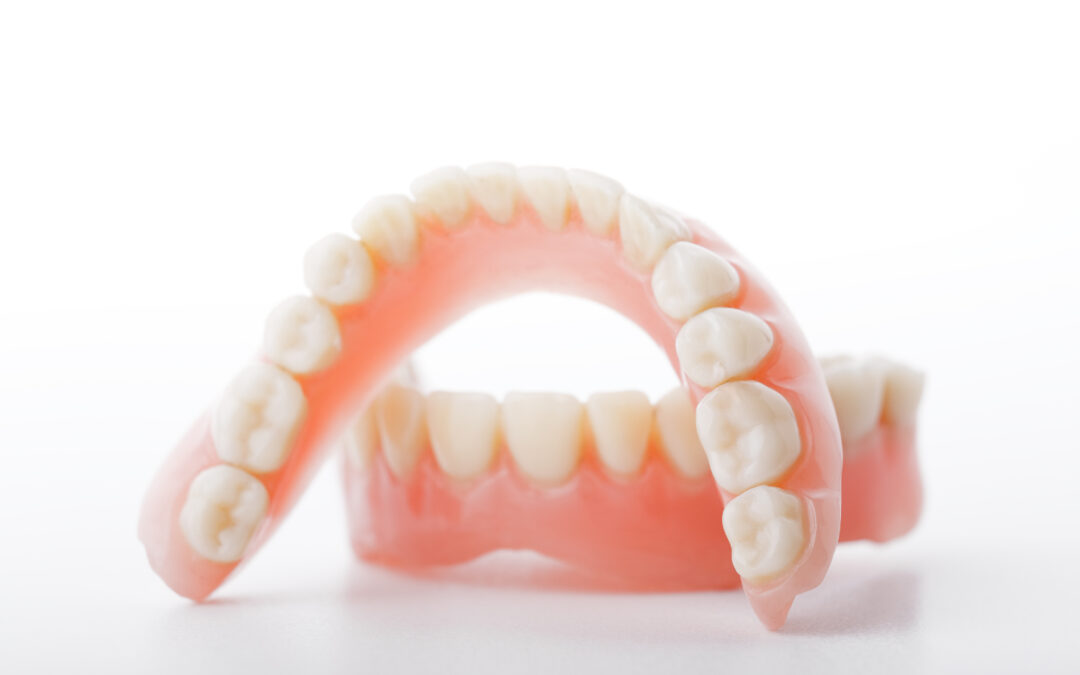Dental emergencies can happen when you least expect them. Whether it’s a knocked-out tooth during a soccer game or a sudden toothache in the middle of the night, knowing how to handle these situations can make a big difference. Quick actions can help save a tooth or ease severe pain, preventing more significant problems later.
Understanding the right steps to take during a dental emergency can protect your smile and keep your mouth healthy. Simple, immediate actions can mean the difference between losing a tooth and saving it. Toothaches, broken teeth, and soft tissue injuries are common dental emergencies that need quick solutions.
Handling a Knocked-Out Tooth
Steps to Take Immediately
If your tooth gets knocked out, it’s important to act quickly. First, find the tooth and pick it up by the crown, which is the top part. Avoid touching the root to protect important cells. If the tooth is dirty, gently rinse it with water. Do not scrub it or use soap.
Try to put the tooth back in its socket. Make sure it’s facing the right direction. If you can’t reinsert it, keep the tooth in a saline solution. Seek immediate dental care, as time is critical for successfully reattaching the tooth.
How to Preserve the Tooth
Keeping the tooth moist is critical. If you can’t put the tooth back in its socket, place it in a saline solution. If you have one, you can also use a special container designed for preserving knocked-out teeth.
Avoid using water for an extended period because it can harm the cells on the root. The goal is to keep the tooth moist without damaging these cells. Getting professional help as soon as possible is important to save the tooth and get the right treatment.
Managing Severe Toothaches
Common Causes and Quick Relief
Toothaches can be caused by various issues, such as cavities, gum disease, or abscesses. Start by rinsing your mouth with warm salt water to remove debris. Floss gently to remove food particles between your teeth. You can also use an over-the-counter pain reliever like ibuprofen or acetaminophen to ease the pain.
Apply a cold compress to your cheek to reduce swelling. Avoid using aspirin directly on the aching tooth; it can harm your gums. Clove oil is another natural remedy. Dab a small amount on a cotton ball and apply it to the painful area.
When to Seek Professional Help
If your toothache persists for more than a couple of days, see a dentist. If the pain is severe or if you have a fever, swelling, or difficulty breathing, immediate attention is needed. These could be signs of a serious infection that needs prompt treatment.
Persistent toothaches can indicate bigger problems, like deep cavities or gum infections. Professional care ensures that the root cause is treated correctly. A dentist can diagnose the issue and recommend the best course of action, from fillings to antibiotics. Don’t ignore severe pain; taking quick steps can prevent further complications and promote healing.
Dealing with Chipped or Broken Teeth
Temporary Solutions at Home
If you chip or break a tooth, first, rinse your mouth with warm water to clean the area. Collect any broken pieces if you can and store them in a clean container. Apply a cold compress to your cheek to reduce swelling and relieve pain.
Cover any sharp edges with dental wax or chewing gum to protect the soft tissues in your mouth. Avoid chewing on that side of your mouth and eat soft foods until you can see a dentist. Over-the-counter pain relievers can help manage discomfort in the meantime. We recommend an over-the-counter remedy called Denta-Temp which is a putty like substance that can be rolled into a ball and packed in the area to prevent food from getting trapped in the hole of the tooth.
What to Expect at the Dentist
The dentist examines the damaged tooth and takes X-rays to assess the extent of the damage. Depending on the severity, the dentist might smooth out a minor chip or use dental bonding to repair the tooth. For more significant breaks, you might need a crown or even a root canal.
The dentist will also check for any damage to the tooth’s root or surrounding bone. They will explain the best treatment options to restore your tooth and ensure your long-term dental health. Getting prompt care is key to preventing further damage and complications.
What to Do for Soft Tissue Injuries
Treating Cuts and Scrapes in the Mouth
For cuts or scrapes in the mouth, rinse gently with warm salt water to clean the area. This helps remove debris and reduce bacteria. Apply a cold compress to the outside of your mouth or cheek to minimize swelling and pain.
Use a clean piece of gauze or a damp tea bag to apply gentle pressure to stop any bleeding. If the bleeding doesn’t stop after 15 minutes, it’s important to seek professional care. Avoid spicy or acidic foods that can irritate the injury, and stick to soft foods while healing.
Preventing Infections and Complications
Keeping the injured area clean is vital to prevent infections. Rinse with salt water several times a day, especially after eating. Using an antibacterial mouthwash can also help keep the area clean. We recommend a non-alcoholic mouth rinse to prevent burning in the area.
Watch for signs of infection, such as increased pain, swelling, or pus/drainage. If you notice any of these signs, see a dentist right away. Good oral hygiene and proper injury care can speed up healing and reduce the risk of complications.
Conclusion
Dealing with dental emergencies can be stressful, but knowing what to do can make all the difference. Quick actions can help save teeth and reduce pain, ensuring the best possible outcome. From knocked-out teeth to severe toothaches and soft tissue injuries, being prepared can help you manage these common issues effectively.
Taking immediate steps not only relieves discomfort but also prevents further complications. Your dental health is essential; being informed can make emergencies less frightening. Remember, the faster you act, the better the chances of a successful recovery.
For expert care and personalized advice, reach out to Dr. Jordan M. Job DDS, your go-to Parma dentist. Our family-centered practice is ready to address all your dental needs. Contact us today to schedule an appointment and keep your smile bright and healthy.
